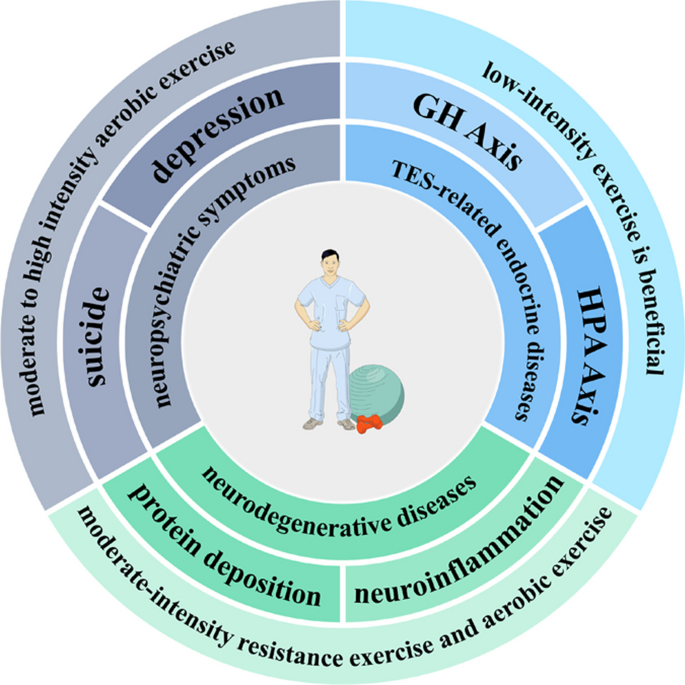The 4-Minute Rule for Narconon Africa
Table of ContentsThe Greatest Guide To Narconon AfricaGetting The Narconon Africa To WorkFascination About Narconon AfricaThe 8-Minute Rule for Narconon AfricaSome Known Details About Narconon Africa Little Known Questions About Narconon Africa.Narconon Africa Things To Know Before You Buy
In a series of papers with Manudeep Bhuller and Katrine V. Lken, we overcome these data obstacles and the nonrandomness of jail time, using new understandings right into just how incarceration affects relapse, work, kids, and criminal networks - Complete recovery program. Number 1 Our job researches the results of incarceration in Norway, a setup with two essential advantagesWe can further link this information to other member of the family, consisting of children and brother or sisters. We have information on co-offending that permits us to map out criminal networks for observed criminal offenses. Second, we can take advantage of the arbitrary project of criminal situations to judges who differ in their propensities to send out offenders to prison.
Some judges send out accuseds to prison at a high rate, while others are extra forgiving. We determine a judge's stringency as the typical incarceration rate for all various other cases a judge manages, after regulating for court and year fixed impacts, which is the degree of arbitrary job. This quasi-random job of court stringency can be made use of as an instrument for imprisonment, as it strongly predicts the judge's choice in the existing case, but is uncorrelated with other case attributes both by design and empirically.
8 Easy Facts About Narconon Africa Shown
Qualities of detainees, consisting of demographics and crime classifications, are broadly similar in Norway and various other countries, including the United States, with the exemptions that the United States homicide rate is much greater, and race plays a larger duty there. What stands out as various, specifically compared to the USA, is the prison system.
Number 2In Norway, the typical time spent in jail is a little over six months, which is comparable to most other Western European nations. This contrasts with ordinary United States jail time of practically three years, which is in large part the factor the USA is an outlier in its incarceration price compared to the rest of the globe [Figure 1]
Narconon Africa Things To Know Before You Get This
This offers a lot more separation between small and hardened lawbreakers than exists in the USA. There is no congestion in Norwegian prisons and far better personal safety, with each detainee being assigned to their own cell and a greater inmate-to-staff proportion than in the United States (https://www.figma.com/design/xzDssoQTFFzFQLN8EibB6k/Untitled?node-id=0-1&t=8SWnSgRu6UH2Ak1C-1). Jails in Norway also offer well-funded education, medicine treatment, psychological health, and job training programs
Our research study on the effects of incarceration on the culprit, using the arbitrary project of courts as an instrument, returns three crucial searchings for. Initially, imprisonment discourages further criminal habits. We locate that imprisonment decreases the likelihood that a person will certainly reoffend within five years by 27 percentage points and minimizes the corresponding variety of criminal costs per person by 10 fees.
Not known Facts About Narconon Africa
We discover substantial decreases in reoffending probabilities and collective billed crimes even after accuseds are released from prison. Our second result is that predisposition as a result of option on unobservable private qualities, if neglected, causes the wrong conclusion that time spent behind bars is criminogenic. If we just compare criminal defendants sent out to jail versus those not sent to prison, we find positive organizations between incarceration and succeeding criminal offense.
This stands in comparison to our analysis based upon the random job of courts, which discovers an opposite-signed result. Third, the decrease in crime is driven by individuals that were not functioning before incarceration. Among these people, jail time raises engagement in programs routed at enhancing employability and decreasing regression, and this eventually increases employment and incomes while preventing criminal actions.

Imprisonment creates a 34 percent factor boost in involvement in work training programs for the formerly nonemployed, and within five years their work price increases by 40 percent factors. At the same time, the chance of reoffending within five years is cut by 46 percentage factors, and there is a decrease of 22 in the typical number of criminal charges.
Fascination About Narconon Africa

A plausible description for the difference is that Norway's jail system Drug addiction help differs substantially, both in terms of prison-term length and prison conditions, from the US prison system. While recognizing the effects of incarceration on the culprit is an essential initial step, recording spillover effects is additionally essential for assessing criminal justice policy and developing effective jail systems.
The Buzz on Narconon Africa

Ordinary least squares approximates reveal that kids of incarcerated daddies are 1 percentage point most likely to be billed with a criminal offense, relative to a mean of 13 percent, and show no impact on college grades. Using our judge stringency instrument, we discover no statistical evidence that a dad's incarceration affects a child's very own criminal activity or college grades, but we are not able to dismiss modest-sized impacts.
What Does Narconon Africa Mean?
We specify criminal teams based upon network links to prior criminal cases. Our evaluation returns three major searchings for. First, when a criminal network member is put behind bars, their peers' probability of being billed with a future criminal activity decreases by 51 percentage points over the following four years. Having an older brother jailed lowers the likelihood his younger brother will certainly be billed with a crime by 32 portion points over the following 4 years.